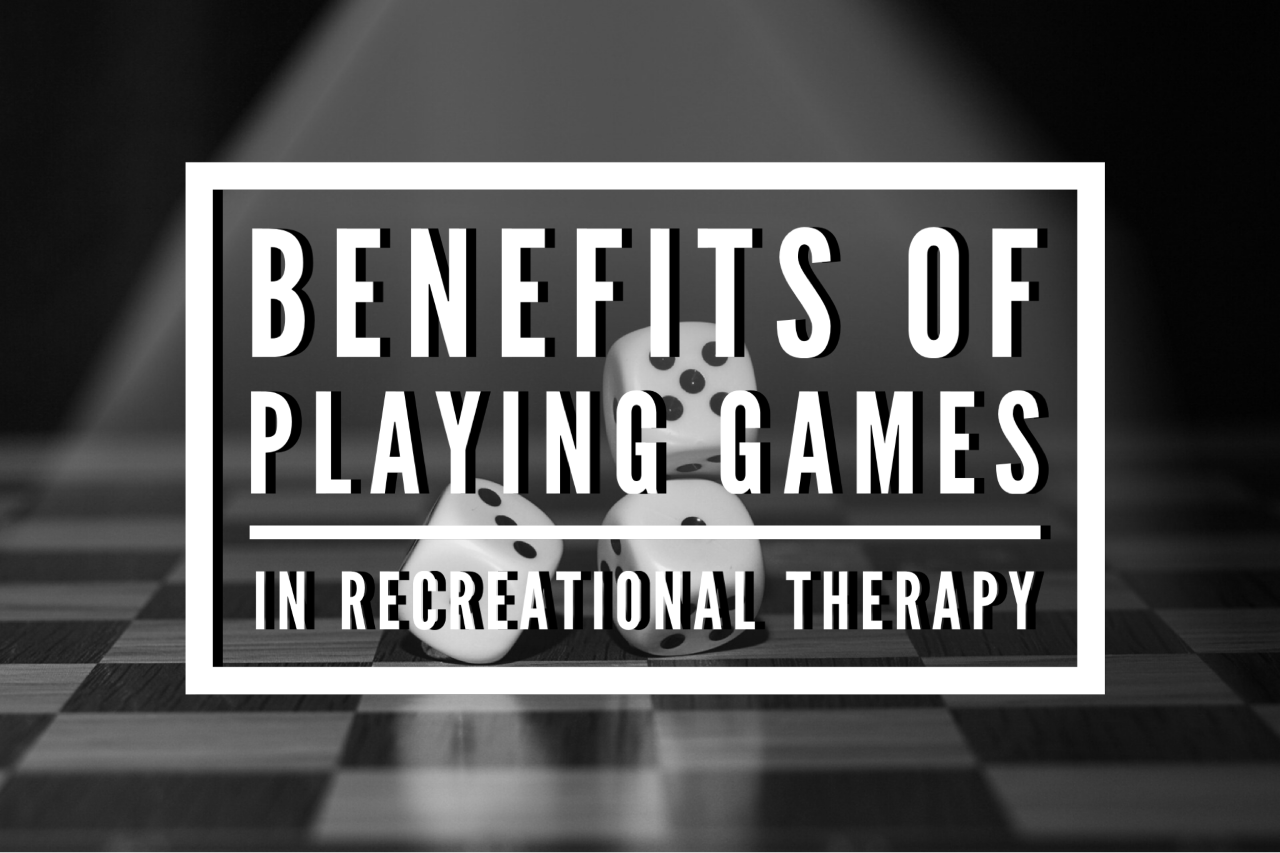Games can be used throughout an individuals entire life to promote and improve memory, problem solving skills, strategy, focus/concentration, social skills, decreasing impulsivity , relieving depression/anxiety, and diverting thoughts away from environmental stressors.
Games can be utilized more extensively with individuals who have special needs. Moving pawns and picking up cards help to improve fine motor movement, coordination, muscle development, pincer grasp, number/letter/color identification, following one step directions, communication, frustration tolerance, and social skills. Games can be easily adapted to be used as therapeutic interventions to treat cognitive, physical, and psycho-social impairment. Some of my favorite games to use as therapeutic tools with individuals with special needs are;
- Uno
- Benefits of playing Uno include; Color/Number recognition, following one step directions, following/understanding rules,fine motor skills (improving grasp), attention to task, turn taking, improving frustration tolerance, and increasing social skills.
- Trouble
- The benefits of trouble include many of the same benefits of Uno. The individual would be working on counting, color identification, fine motor movement, pincer grasp one step directions, one step directions, following/understanding rules, turn taking and frustration tolerance.
- Lite Brite
- This activity allows for more creative expression. Participants can work off a pattern or practice a “free development” session. This activity allows the participate to work on pincer grasp, counting, color recognition, one step direction, attention to task, frustration tolerance, sensory stimulation, creative expression, and problem solving skills.
- Yatzee
- Benefits of Yatzee include; grasp, fine motor movement, addition, problem solving skills, following/understanding rules, attention to task, frustration tolerance, and strategy.
- Skipbo
- The benefits of Skipbo include; number recognition, sequencing, following one step directions, following/understanding rules, frustration tolerance, and improving fine motor skills.
If this is your first glimpse into Recreation Therapy, Welcome! Please contact us with any questions, comments and/or concerns. We are happy to help.

